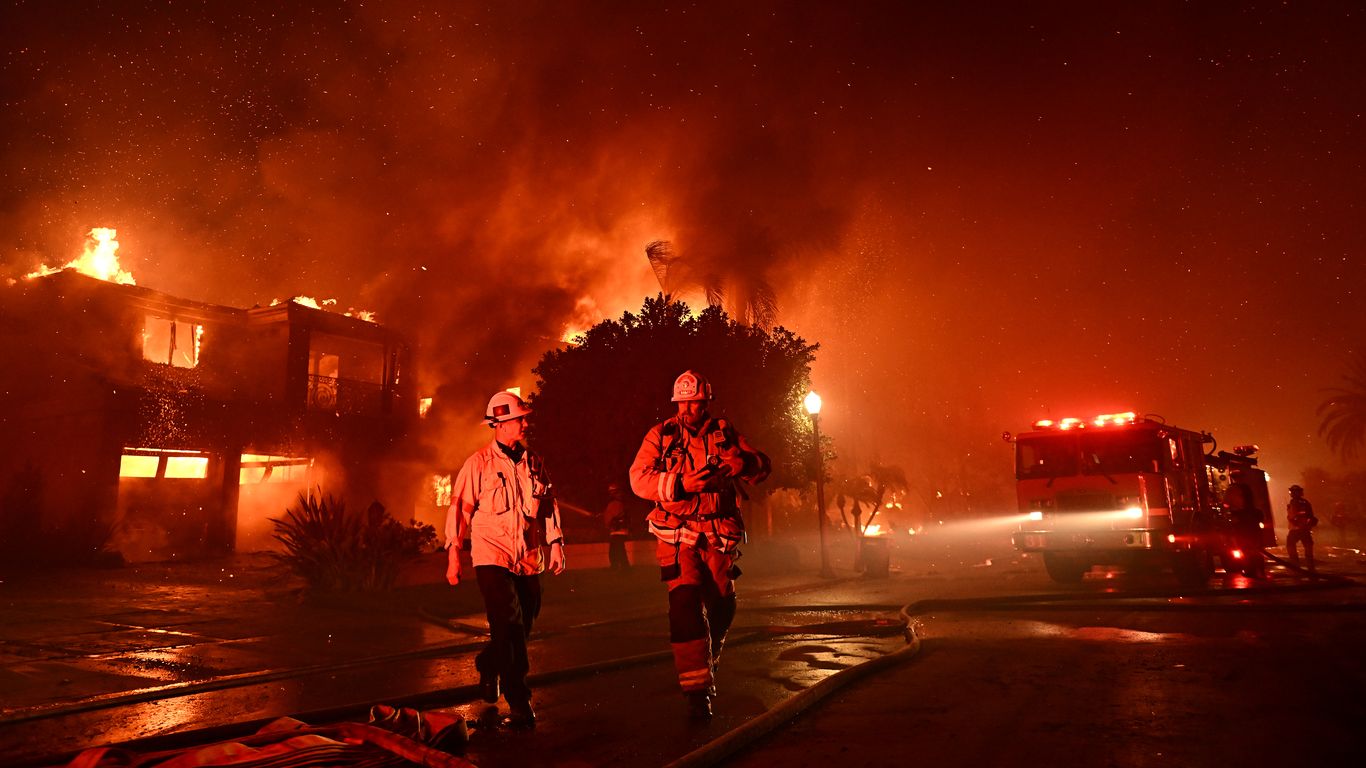this is also happening in Florida, but with water instead of fire–there are basically no insurers willing to take the risk of losing $30 billion a year down there and so the state is leaning increasingly hard on artificial boosts to the insurance economy and the state insurer of last resort
Having visited San Francisco often, I can attest to many incidents of “catastrophic exposure”
deleted by creator
i don’t think that’s market fundamentalism, no–ideally, this would just be how it is, and that alone would be an effective deterrent. who wants to lose their house, after all?
where it’s faltering, though, is that a lot of people have been misled or not adequately informed on how vulnerable their houses are, and so they just don’t know what they’re getting into. making things worse, insurance in CA can often lock them into staying where they are even if they know it’s risky. it’s been a problem in the past where houses burn during wildfires, and then the insurance payouts aren’t enough for people to do anything but rebuild where they are since housing is too expensive for them to move. it’s a… weird and really messed up situation, and one which can’t really be made better by this specific course of action.
deleted by creator
i’ve been on something of a climate change binge and reading The Great Displacement and California Burning has made me aware of what a weird situation it is. it’s both a very real problem but also half-self-inflicted (unlike the Florida issue i mentioned below in a comment) because good housing policy would render the payout problem moot for most people and that’s one of the biggest things that fucks people here at the individual level. (ideally, better urban planning would also make urban conflagrations much less frequent too)
Why would the state bail out people who bought houses that are clearly built in unsustainable areas?
well, because if the insurance companies won’t foot the bill, someone has to eventually. and if you make the people in these houses do so instead of the government, you’re going to have a lot of homeless people–especially in CA where housing is so expensive. it’s obviously better to rehouse people than let them go homeless. in this case especially: as noted in my other comment, most of those people are going to have been owners who simply didn’t have informed risk on what they were buying.
also from another perspective: it’s really not a matter of if countries do this, but when. the US is already resettling people on these grounds from flooding, storm surge, and coastal erosion, for example–the standard that it is both necessary and desirable to resettle people voluntarily at government expense is already set. since it is, we should make use of it preemptively, and this would be a good example of when and where to do it.
deleted by creator




